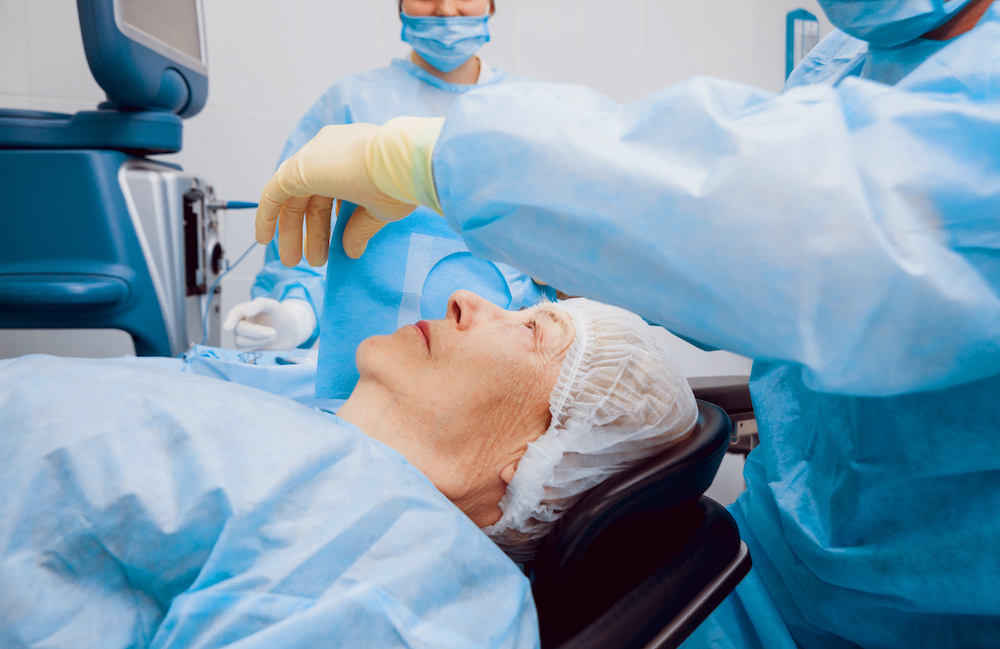
Aging is the most common cause of cataract development. Growing older makes the eye lens gradually become cloudy and lose clarity. You may begin considering cataract surgery when your quality of life gets affected. Once your doctor recommends surgery, there are a few things you need to know and do to ensure you get your desired outcome. Read on to learn more.
What Is Cataract Surgery?
Cataracts are the clouding that develops on the clear lens of your eyes and prevents light from entering the eye. As a result, it causes vision problems. Cataract surgery can help you see clearly by replacing the natural eye lens with an artificial clear one.
What to Do Before the Surgery
Cataract surgery is a generally safe procedure. However, there are a few things you may need to do to ensure its success:
Your doctor will use a painless ultrasound test to measure the shape and size of your eye one week before the procedure. Doing so will determine the type of lens they will implant during the surgery
You may need to get conditions such as high blood pressure or diabetes to healthy levels before going for the cataract surgery
Your doctor may give you anti-inflammatory eye drops or antibiotics days before the surgery. The medication will help reduce the risk of complications
Follow the instructions your surgeon gives you before your surgery. You may need to fast for 12 hours before the procedure
Ask any questions you may have for clarification before the procedure. Ensure you are on the same page with your surgeon for a successful outcome
What to Avoid Before Your Surgery
Avoid some things for a few days before your cataract surgery. The procedure may have minimal bleeding as it entails cutting the eye lens. While it may not be significant, your specialist may ask you to stop taking anti-clotting drugs or aspirin. You will have to do so days before your procedure for safety. Ideally, check with the specialist who prescribed your medication before you stop its use.
Your eye doctor will ask you to stop wearing your contact lenses or opt to wear prescription glasses for three days before the procedure. Doing so will reduce the risk of irritating your eyes, which can delay or impact cataract surgery.
Use water and soap to wash your face before the procedure. Your specialist will also ask you to avoid drinking alcoholic drinks 24 hours before surgery.
What to Carry
The medical staff may have assessed your medical records during the initial consultations. However, it is always a good idea to carry them on the day of the surgery for clarification.
Preparation for Recovery
Most patients return to their homes the same day they get their surgery. However, your specialist will not allow you to drive back home. Ask your family or a friend to accompany you for the procedure and wait till the surgery is over, then take you back home.
You can expect the process from entering the hospital to the end of the cataract surgery to take approximately three hours. Your doctor will ask you to bring a pair of UV protection dark sunglasses for wearing after the procedure.
Typically, you can resume your usual activities after a few days. However, your eyes may find it difficult to adjust to the change after a few hours of the procedure. Your doctor may ask you to limit some activities involving lifting or bending. Thus, plan to have someone help you. Ideally, request two to three off days from work for ample recovery time.
For more information about preparing for cataract surgery, contact Today’s Vision Bulverde at our office in San Antonio, Texas. Call (210) 307-4749 to book an appointment today.











